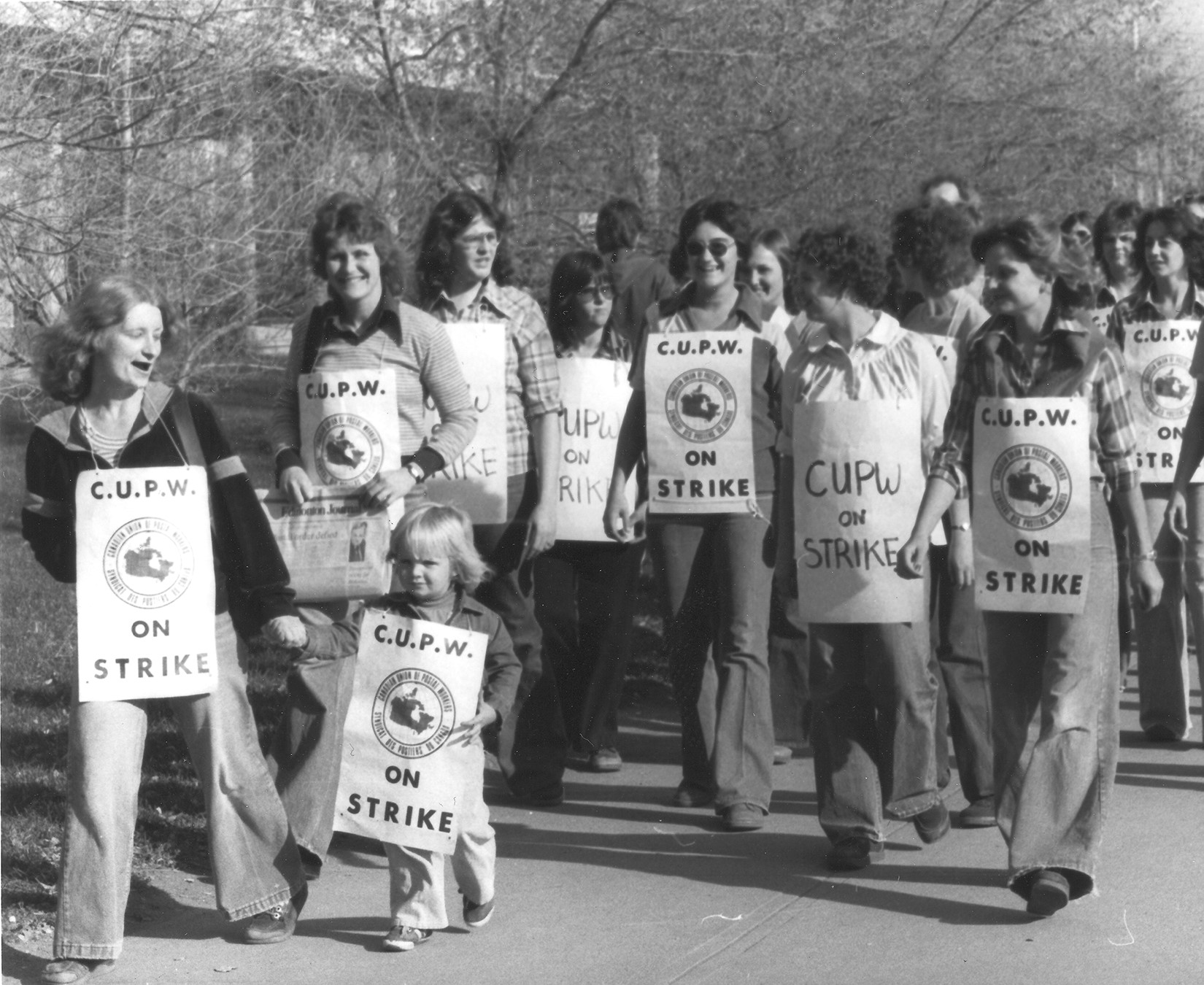Demands have been ratified and sent to our bargaining committee – what’s next?
Now that our demands have been ratified, they will go with our Bargaining Committee in Ottawa to be presented to the employer as negotiations begin. This process may take months as each demand is presented individually and discussed. Canada Post will respond to the demands and will likely present their own counter-offer for changes and concessions. Once a full offer is presented to the bargaining committee, they determine if it contains enough of what we are asking for to present to the National Executive Board and the membership in the form of a ratification vote.
What if CUPW and Canada Post can’t come to a tentative agreement?
Similar to 2018, if the offers presented do not adequately meet our demands, the National Executive Board could start the process to move the Union into a strike position. Only after meeting all the requirements under the Canada Labour Code can the Union call for a strike vote. If the membership votes in favour of strike action, the Union would then be able to issue 72-hour strike notice at any time if negotiations are stalled.
How can I prepare myself for a strike?
Start saving money now! Every nickel count, and there is no way of knowing how long a potential strike could last. However, saving money is hard when inflation greatly outpaces our wages. If money is tight, save things like fuel and grocery points for later use. Ask your co-workers about commuting together to save gas, or consider taking transit if it is more cost effective since corporate parking lots may also be behind picket lines. Now is also a good time to think about child care and other family needs if a strike were to occur. No matter what, every little bit saved today can help you prepare for a work stoppage later, if it has to happen.
Any potential job action is only as strong as the members backing it up – let’s get prepared for 2024!
In Solidarity,
Jamie McCurrach, 1st Vice President.

